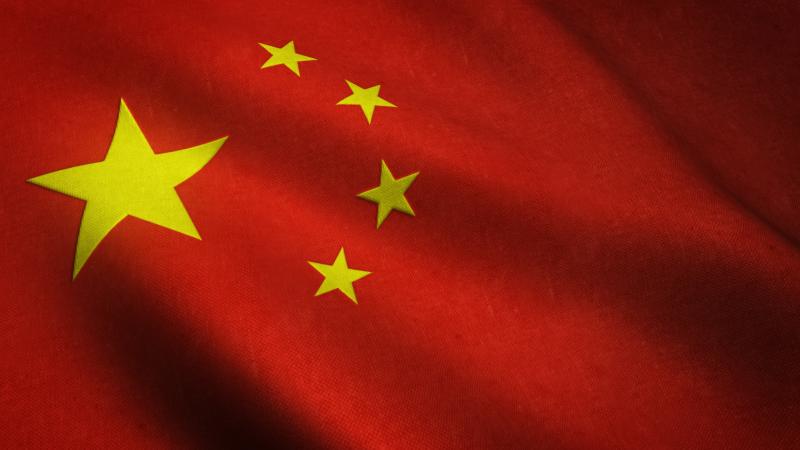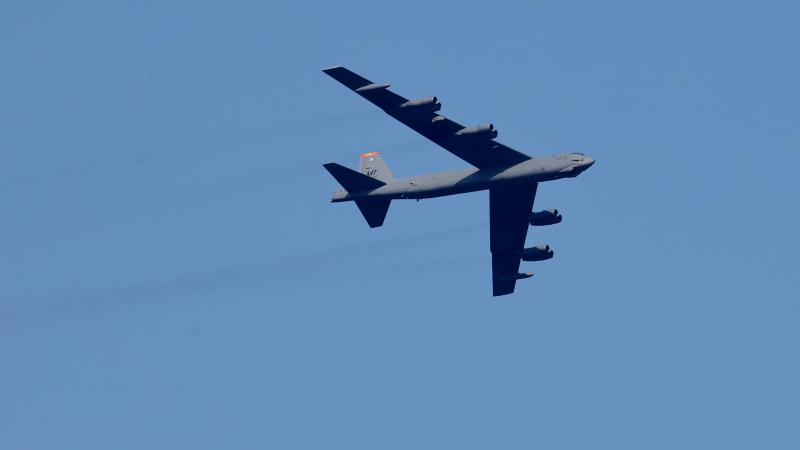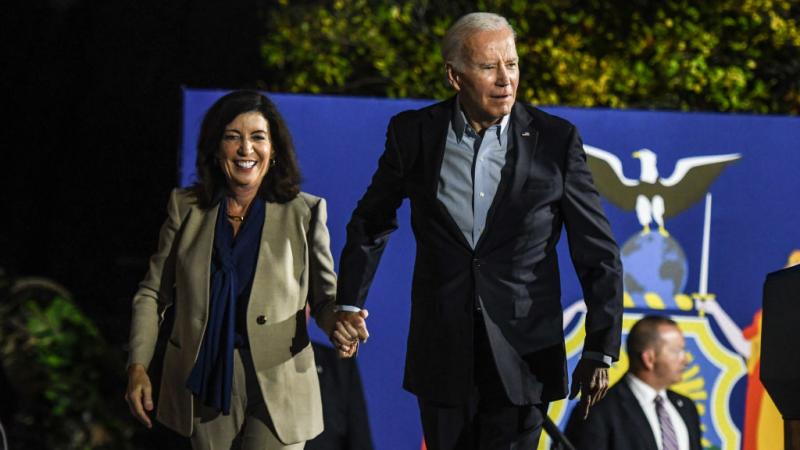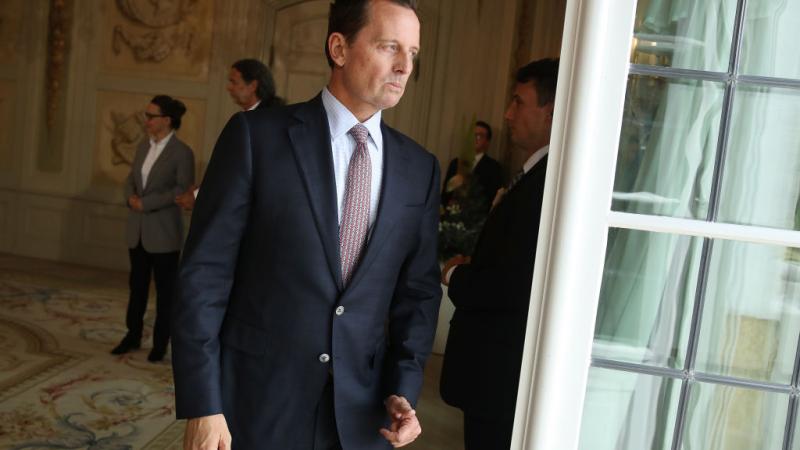U.N. suggests blacklisting 14 ships over North Korean sanction violations
The U.N. report suggests China, among others, has been ignoring the sanctions imposed by the Security Council and helping the North acquire petroleum products and other banned imports
In a United Nations reportedly experts to call for the blacklisting of 14 ships for violating trade sanctions against North Korea.
The roughly 300-page report, initially obtained by the Associated Press, accuses North Korea of illegal coal exports, illegal petroleum product imports, and executing cyber attacks against financial institutions and cryptocurrency exchanges.
North Korean cyber crimes have recently included raising virtual money for the country’s weapons-of-mass-destruction programs. The report estimates that North Korean cyber experts have, to date, raised $2 billion using virtual currency like Bitcoin, Ethereum, and Ripple.
In recent years, the U.N. Security Council has imposed sanctions against North Korea, banning most of its exports and imports, in an effort to persuade Pyongyang to dispense with its nuclear- and ballistic-missile programs.
The report concludes that the Chinese ship, Yun Hong 8, made at least 10 trips to the North Korean port of Nampo in 2019 to deliver refined petroleum.
China is North Korea’s largest trading partner. Their ability to enforce, or decision not to enforce, U.N. sanctions on its neighbor is critical. China denied the accuracy of the report and said that it is implementing sanctions on the North.
Also included in the report was the allegation that China has been running an illicit sand-export operation with North Korea since May of 2019. The U.N. banned the export of earth and stone from the North that includes sand.
A third accusation that China refused to verify was that 2,000 North Koreans “recently entered China on visitor visas for the purpose of earning income.” There is a market in China, and elsewhere, for cheap North Korean workers.
The U.S. State Department has estimated that there are nearly 100,000 North Koreans worldwide, bringing the country $200 million to $500 million annually.
According to the AP, the full report included photographs of ballistic missile launchers, nuclear testing sites, and the vessels the council is recommending be blacklisted.
















